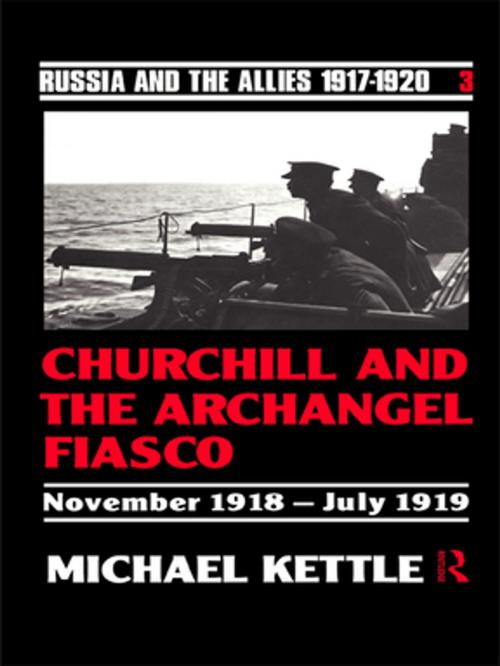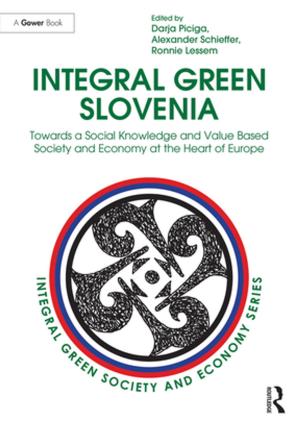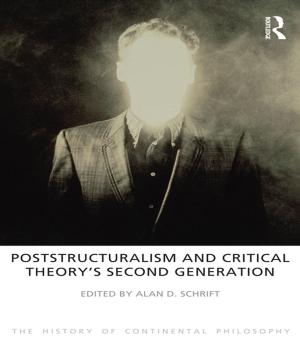| Author: | Michael Kettle *Probate*, Michael Kettle | ISBN: | 9781134890019 |
| Publisher: | Taylor and Francis | Publication: | August 9, 2005 |
| Imprint: | Routledge | Language: | English |
| Author: | Michael Kettle *Probate*, Michael Kettle |
| ISBN: | 9781134890019 |
| Publisher: | Taylor and Francis |
| Publication: | August 9, 2005 |
| Imprint: | Routledge |
| Language: | English |
This third volume in Michael Kettle's series on Allied intervention in the Russian civil war, begins at the point when small-scale Allied intervention in Bolshevik-overrun Russia had failed, but had succeeded in covering the formation of some anti-Bolshevik White groups sympathetic to allied aid.
Written on a panoramic basis which includes detailed documents from both sides, Kettle reveals what each side's leadership had to face as the Russian kaleidoscope constantly changed. Kettle argues that British intervention was doomed to failure and that the White Russians became expendable British pawns in a temporary forward holding position, designed to contain the Bolshevik inferno within Russia. The strategic and military miscalculations of British medium intervention thus prolonged the Russian civil war, and caused a further 14 million Russian deaths. Using Churchill's previously unpublished, last papers and recently available French documents, Kettle provides a fascinating and in-depth analysis of the `Archangel Fiasco'.
This third volume in Michael Kettle's series on Allied intervention in the Russian civil war, begins at the point when small-scale Allied intervention in Bolshevik-overrun Russia had failed, but had succeeded in covering the formation of some anti-Bolshevik White groups sympathetic to allied aid.
Written on a panoramic basis which includes detailed documents from both sides, Kettle reveals what each side's leadership had to face as the Russian kaleidoscope constantly changed. Kettle argues that British intervention was doomed to failure and that the White Russians became expendable British pawns in a temporary forward holding position, designed to contain the Bolshevik inferno within Russia. The strategic and military miscalculations of British medium intervention thus prolonged the Russian civil war, and caused a further 14 million Russian deaths. Using Churchill's previously unpublished, last papers and recently available French documents, Kettle provides a fascinating and in-depth analysis of the `Archangel Fiasco'.















